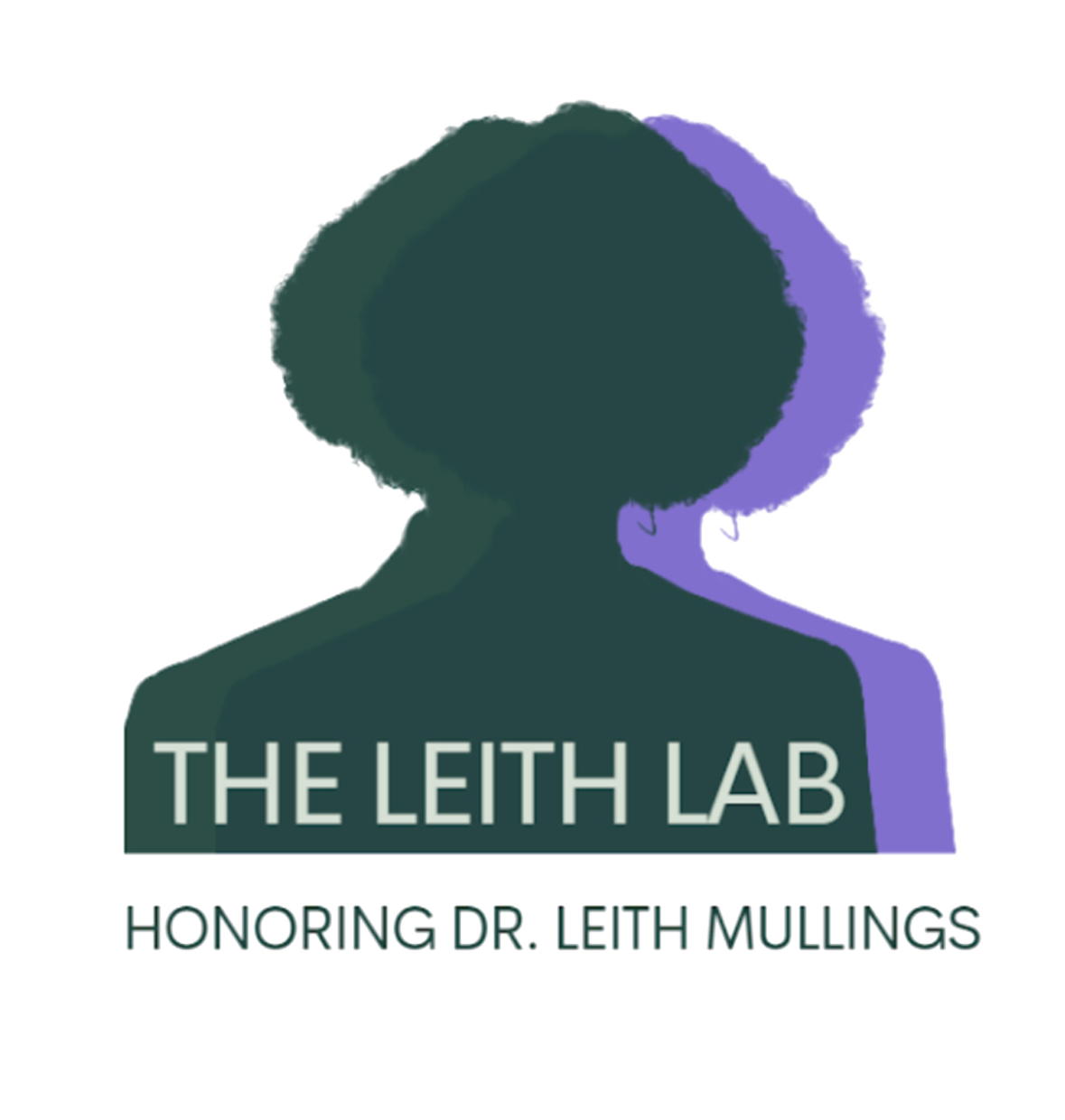The Lived Experiences Igniting Transformations in Health (LEITH) Lab is a new initiative launched and directed by Dr. Chelsey R. Carter at Yale University’s School of Public Health.
The LEITH Lab brings together persons and caregivers impacted by rare diseases, researchers, clinical providers, educators, students, and activists to develop more humanizing and critical approaches in the rare neurodegenerative field.
Our collective goal is to cultivate novel and critical approaches towards equitable care and access for those affected by rare and neurodegenerative disease, particularly within historically underrepresented communities.
Following the charge of Black feminists like the Lab’s namesake, Dr. Leith Mullings, the lab is dedicated to addressing the complex, interconnected systems of oppression. These systems must be dismantled to realize the vision of anti-racist principles in science, medicine, public health, and ultimately, throughout society.
“It is important to confront the manner in which race, class, and gender shape the production of knowledge. ”
We aim to put people and lived experiences first within scientific discoveries, biomedical approaches, and healing initiatives to achieve racial health equity in rare diseases. The LEITH Lab identifies and critiques structural and systemic concerns that widen health disparities and seeks to create solutions to improve representation, access, care, and research in the rare neurodegenerative and genetic disease space.
“It’s not sufficient to name racism, but we must understand it as foundational to the development and reproduction of the United States and what this means. Incorporating this sort of analysis takes courage.”
— Dr. Leith Mullings
Lab Vision
1. Advance anti-racist research equipped to understand, measure, and intervene on the impact of race, racism, and related intersections in shaping rare neurodegenerative diseases and genetic disease disparities.
2. Foster awareness and advance educational opportunities that center the lived experiences of Black and Brown people living with rare neurodegenerative and genetic diseases.
3. Create palliative networks for social and economic support for Black and Brown people, families, and caregivers living with rare neurodegenerative or genetic diseases.
4. Develop a pipeline and network of health equity and rare disease scholars specifically trained in ethnography, mixed methods, and implementation science.


